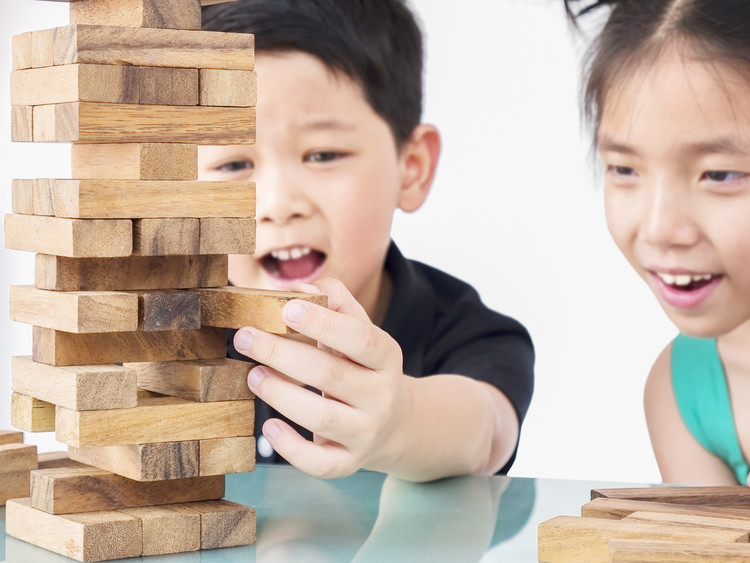Tips for Parents


Developing of problem-solving skills
The kindergarten stage is a critical period for young children to learn problem-solving skills, and parents play a vital role in the process, being the children's reference and learning objects. At this age stage, toddlers begin to encounter different problems. Socializing, learning, emotional processing, etc., are some topics that young children need to learn to solve. Many parents will encounter obstacles everywhere in the process and are confused about their children's behaviours.

One common problem is that parents find that toddlers tend to be less willing to share toys with others. In fact, at this time, parents can set an example for their children through their daily behaviours; parents can intentionally share some items with their children and explain the meaning of sharing in simple language. For example, parents can tell their toddlers, “Let’s share this biscuit, okay? I hope to eat something delicious with you.” Let their toddlers experience the joy of sharing in firsthand and understand that sharing this action can connect with language and help them build processing techniques on social issues.
Another common situation is that toddlers are likelier to argue when dealing with peers. When toddlers have arguments with other children, parents are sometimes eager to discuss with their children or are already angry. In hindsight, this fails to assist children in independent thinking and serves as a wrong example, allowing children to believe that using intense emotional expression can solve problems mistakenly. When intervening, parents should patiently listen to their children's descriptions, understand the ins and outs of things, and then teach their children how to resolve conflicts in a simple and easy-to-understand way. For example: "I know you are angry but hitting someone is wrong. Next time you can go to the teacher for help." It not only shows the child's understanding of the mood but also gives the child enough knowledge to deal with similar situations in the future, improving their problem-solving skills. In addition to guiding at home, parents can create more learning opportunities, such as participating in community activities with their children, parent-child activities in kindergarten or family gatherings, and allowing children to face different situations in a safe environment. The more such opportunities, the better the toddler's problem-solving skills will develop. It is worth mentioning that establishing a safe and supportive home environment is particularly important for improving early childhood problem-solving skills. When toddlers feel "love" and "security" at home, they are more confident and braver.
Parents can promote this sense of security by communicating with their children and sharing each other’s feelings. For example, every night before going to bed, parents can talk to their toddler about what happened today, understand what their toddler is thinking, and give positive responses and encouragement so that the toddler knows that the difficulty they have encountered is not complicated and that there are parents of support so that they can have the courage and willingness to try when dealing with complex problems in the future.
Each toddler builds problem-solving skills at a different pace, and some toddlers may need more time and support. Parents should remain patient, respect their toddler’s personality and development rhythm, and give them complete love and support. In such an environment, young children will naturally increase their interest in socializing and getting along with others and will be more likely to deal with different good and bad times in the days to come.




